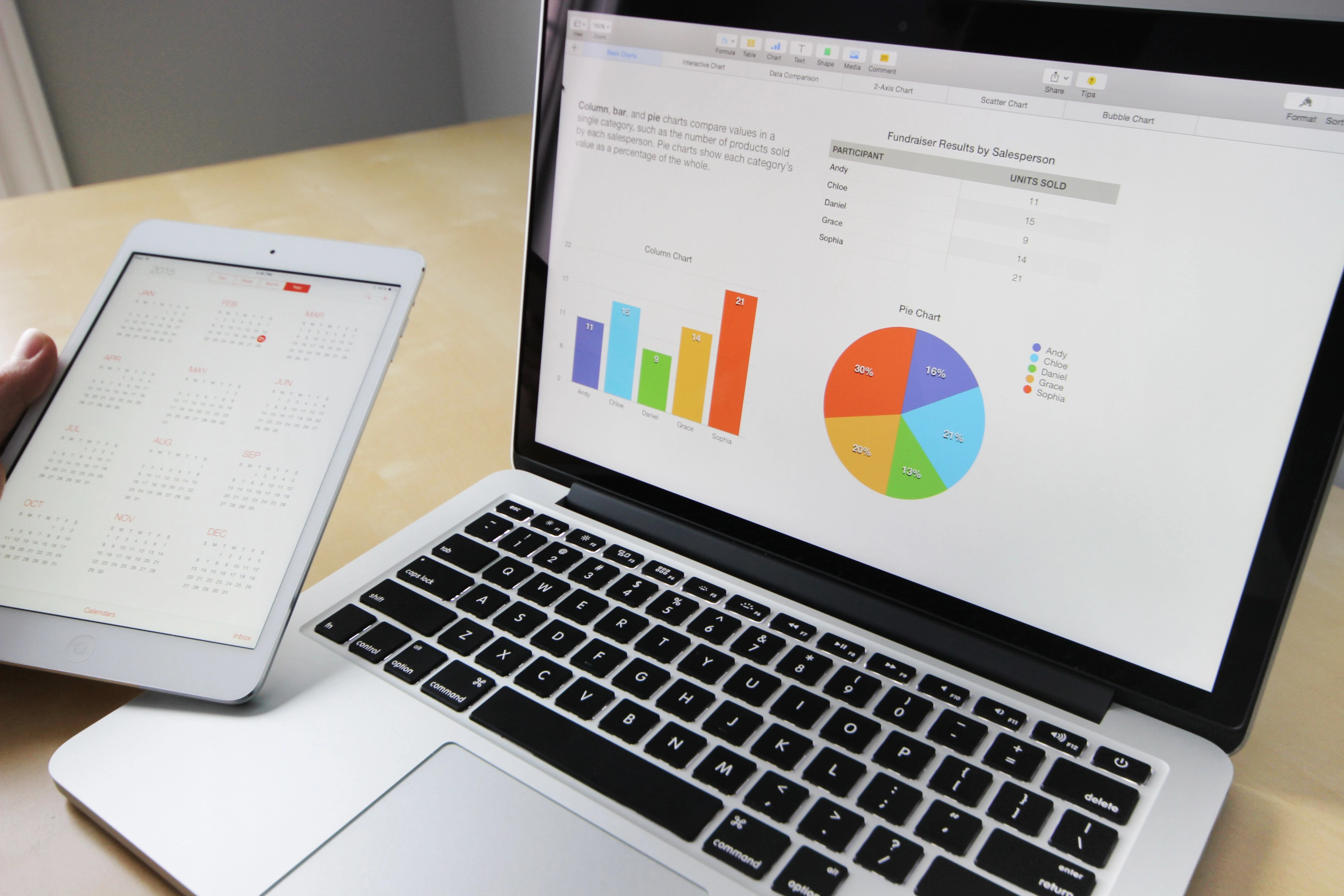Generated by Contentify AI

Personalization in marketing has become a key strategy for brands looking to engage with their customers on a deeper and more meaningful level. By tailoring content, products, and recommendations to the individual preferences and behaviors of consumers, businesses can establish a one-to-one connection that fosters trust and loyalty. In today’s digital age, where consumers are bombarded with generic advertising messages, the power of personalization lies in its ability to cut through the noise and deliver relevant and targeted content that resonates with the individual.
One of the main advantages of personalization in marketing is its ability to create a unique and tailored experience for each customer. By using data and insights to understand the needs and preferences of individual customers, brands can deliver personalized recommendations, offers, and messaging that are highly relevant and compelling. This personalized approach not only helps to drive engagement and conversion rates but also enhances the overall customer experience, making customers feel valued and understood.
Moreover, personalization in marketing can also lead to increased customer loyalty and retention. By demonstrating an understanding of their preferences and interests, brands can build a stronger emotional connection with their customers, leading to repeat purchases and long-term brand loyalty. In a competitive marketplace where customer acquisition costs are rising, retaining existing customers through personalization can be a cost-effective and sustainable way to drive growth and profitability. Ultimately, the power of personalization in marketing lies in its ability to humanize the brand-consumer relationship, creating authentic connections that drive business results and customer satisfaction.















